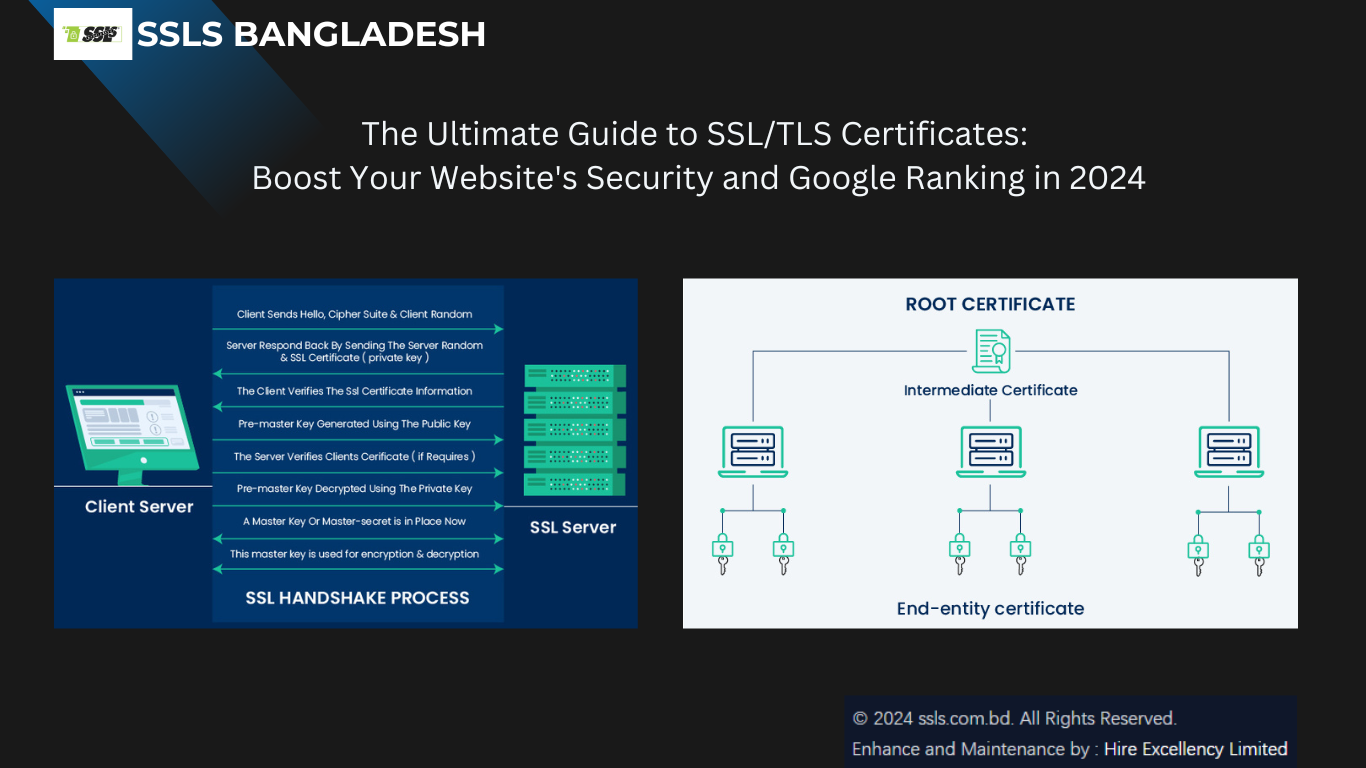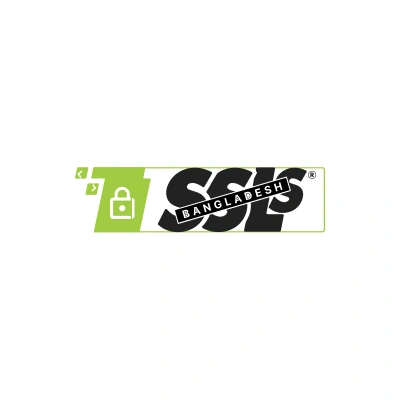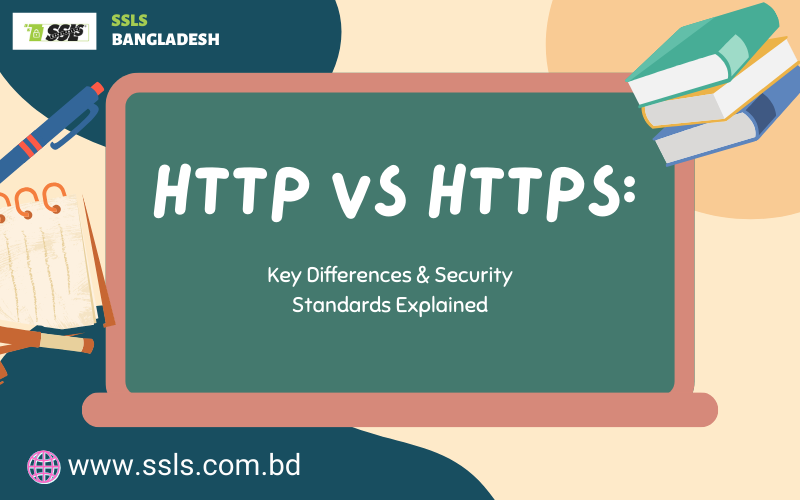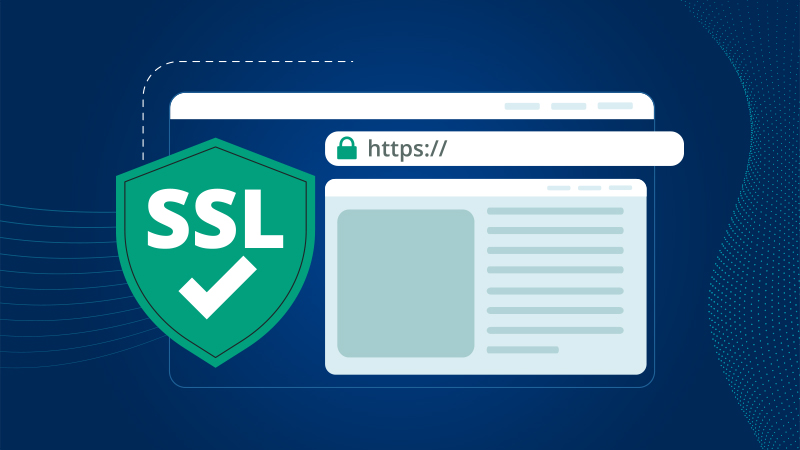SSL/TLS Certificates: Your Key to Online Security and Higher Google Rankings
In the digital age, where cyber threats loom large and search engine algorithms evolve constantly, SSL/TLS certificates have become indispensable for website owners. Did you know that 95% of Google's traffic is encrypted? This staggering statistic underscores the critical role of SSL/TLS certificates in today's online landscape. Let's dive deep into SSL/TLS certificates and explore how they can fortify your website's security while boosting your Google rankings.
What is an SSL/TLS Certificate?
An SSL (Secure Sockets Layer) or TLS (Transport Layer Security) certificate is a digital document that authenticates a website's identity and enables encrypted connections between web servers and browsers. These certificates are the backbone of HTTPS, ensuring that data transmitted between users and websites remains confidential and tamper-proof.
The Evolution from SSL to TLS
While SSL is the more commonly known term, it's important to note that TLS is its successor, offering enhanced security features. When we refer to SSL certificates today, we're typically talking about TLS certificates, as SSL has been deprecated.
The Benefits of Implementing SSL/TLS Certificates
- Enhanced Data Security: Encrypt sensitive information, protecting it from interception by malicious actors.
- Improved User Trust:Display visual cues like the padlock icon, instilling confidence in your website visitors.
- SEO Advantage:Google has confirmed HTTPS as a ranking factor, giving secure websites an edge in search results.
- Compliance:Meet regulatory requirements for data protection in many industries.
- Increased Conversion Rates:Secure websites often see higher conversion rates due to increased user trust.
Types of SSL/TLS Certificates
Understanding the different types of SSL/TLS certificates is crucial for choosing the right one for your website:
1. Domain Validation (DV) Certificates
- Fastest and cheapest option
- Verifies domain ownership only Ideal for blogs and small websites
2. Organization Validation (OV) Certificates
- Moderate level of validation
- Verifies organization details Suitable for business websites
3. Extended Validation (EV) Certificates
- Highest level of validation
- Displays company name in the address bar (on some browsers) Best for e-commerce and financial websites
4. Wildcard Certificates
- Secures a domain and all its subdomains
- Cost-effective for websites with multiple subdomains
5. Multi-Domain Certificates
- Protects multiple domains with a single certificate
- Ideal for businesses managing several websites
How SSL/TLS Certificates Work: The Technical Breakdown
Understanding the mechanics behind SSL/TLS certificates can help you appreciate their importance
- SSL Handshake Initiates secure communication between the browser and server.
- Key ExchangeEstablishes a shared secret key for encrypting data. Data EncryptionEnsures information remains confidential during transmission.
- Data IntegrityPrevents tampering of data in transit.
Implementing SSL/TLS Certificates: Best Practices for 2024
- Opt for TLS 1.3: The latest TLS version offers improved security and performance. Initiates secure communication between the browser and server.
- Use Strong Cipher Suites: Ensure your server is configured to use robust encryption algorithms. Implement HSTS: HTTP Strict Transport Security forces browsers to use HTTPS connections.
- Enable OCSP Stapling:Improves certificate validation performance.
- Regularly Update Certificates: Keep your certificates current to maintain security and trust.
Conclusion
SSL/TLS certificates are a fundamental component of secure online communication. By implementing these certificates and following best practices, you can protect your users' data, build trust, and improve your website's visibility in search engine results. Whether you're running an e-commerce site, a blog, or any other online platform, investing in proper SSL/TLS security is essential in today's digital landscape.
Ready to secure your website and boost your Google ranking? Visit ssls.com.bd to explore our range of SSL/TLS certificate options and find the perfect solution for your online security needs.



